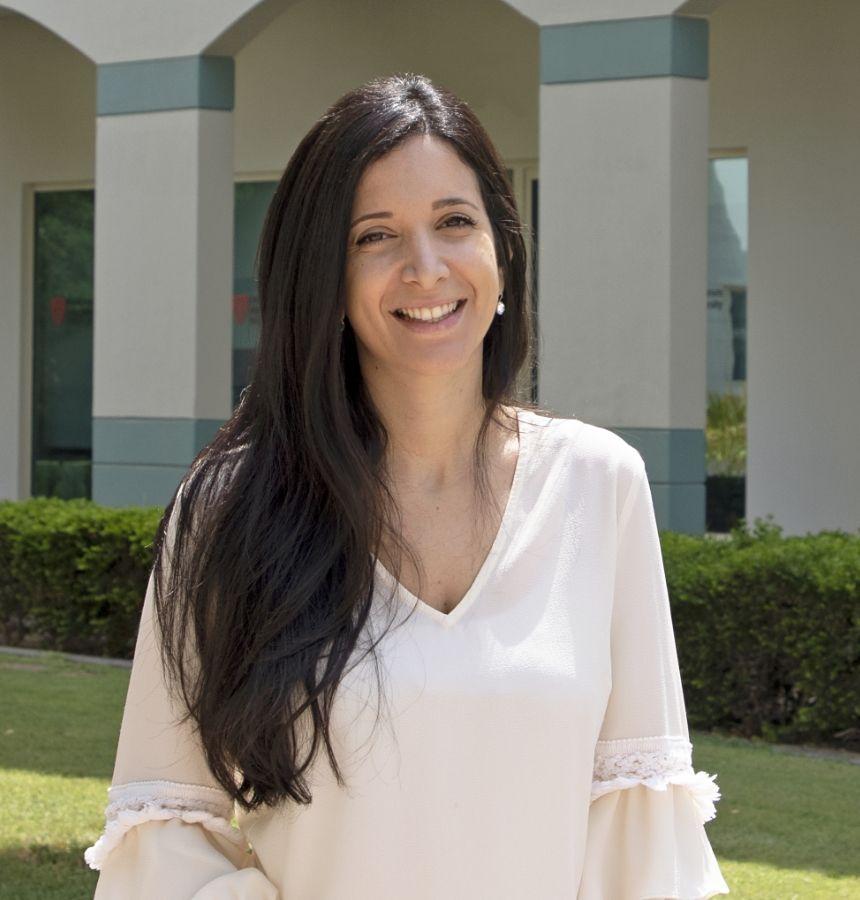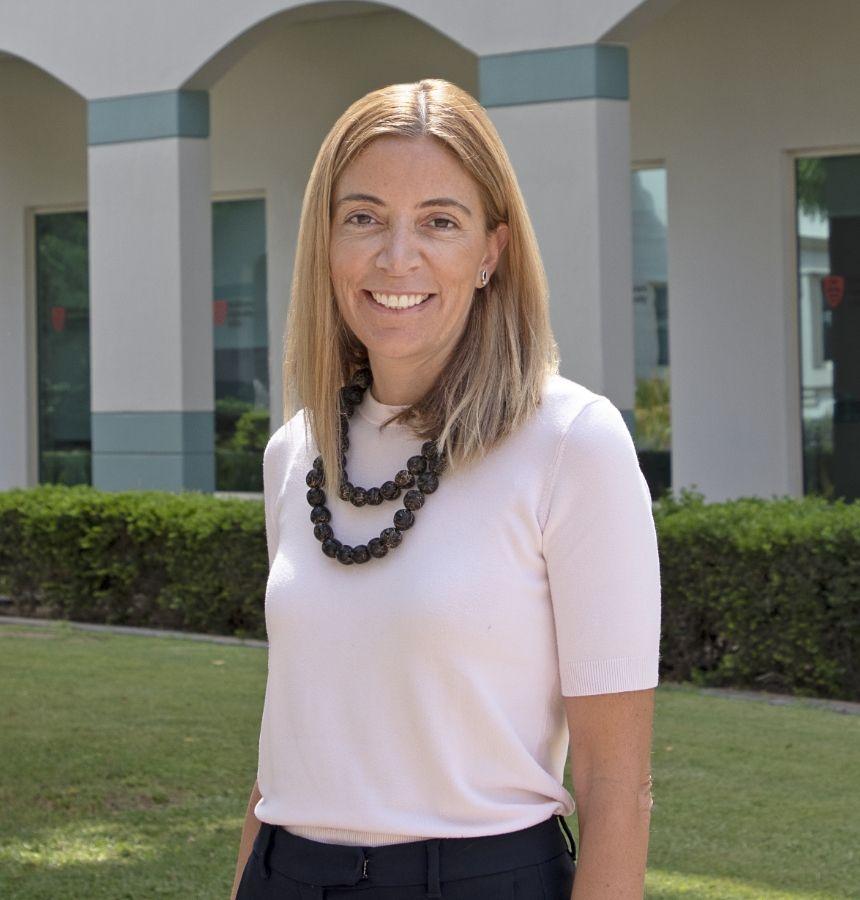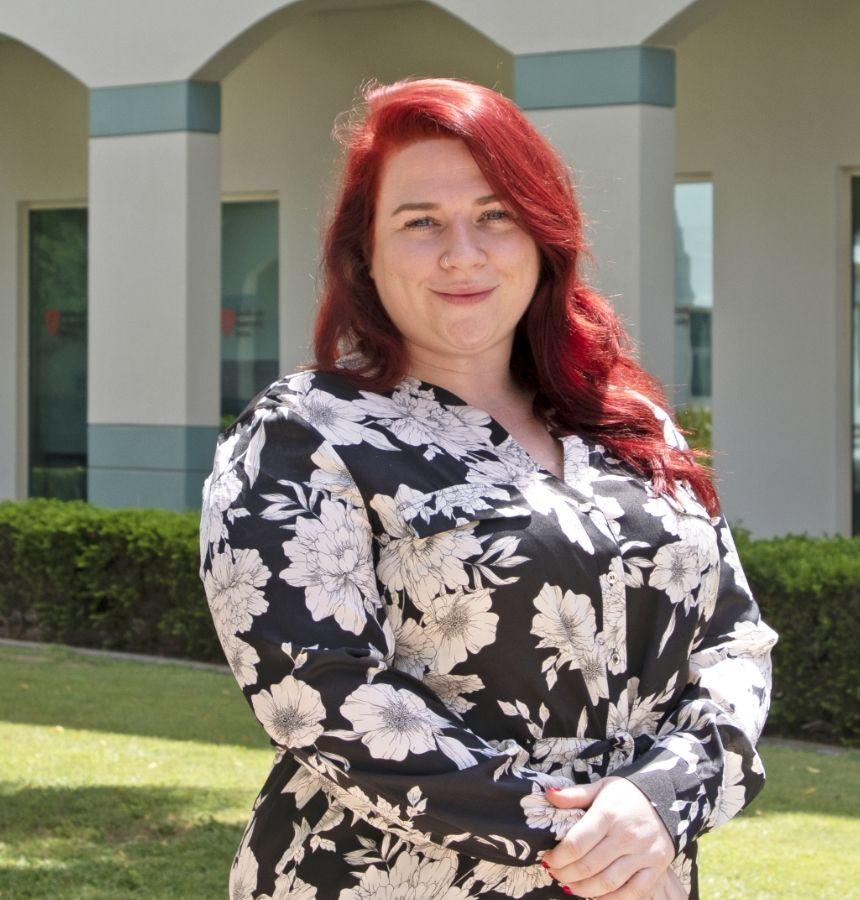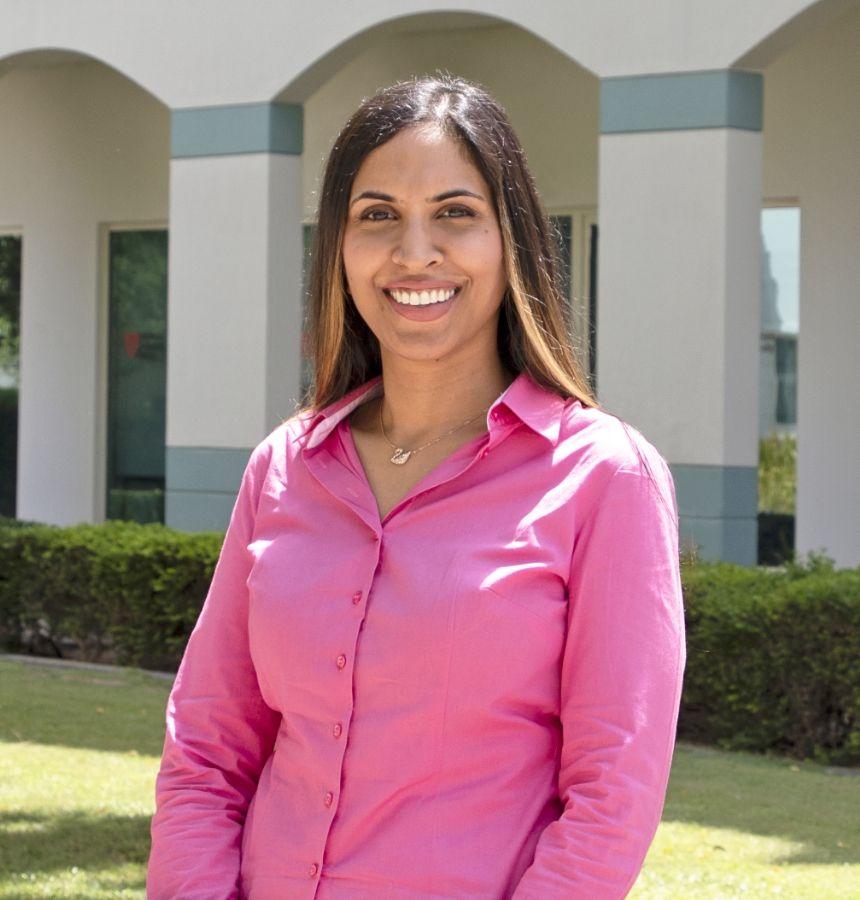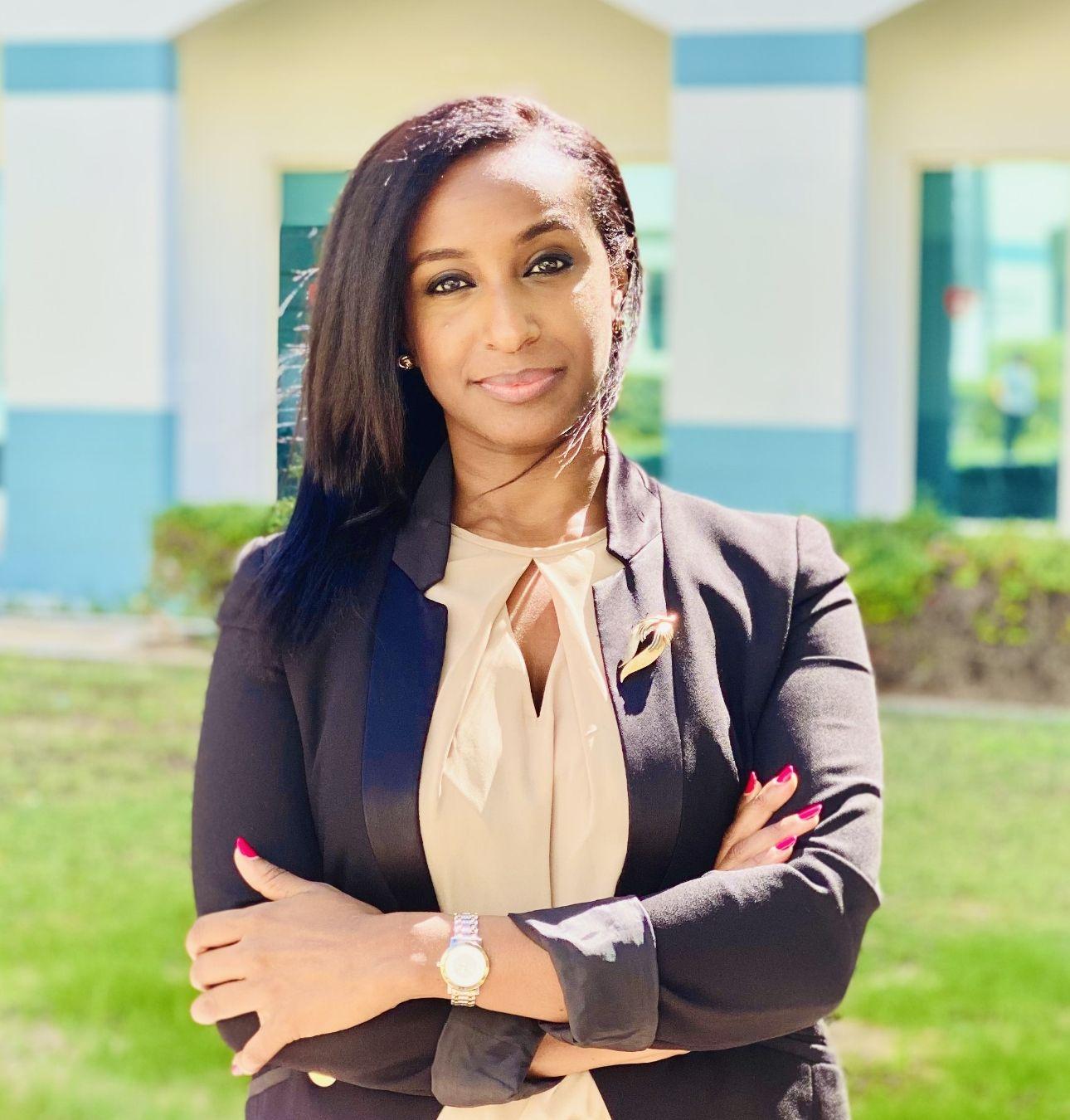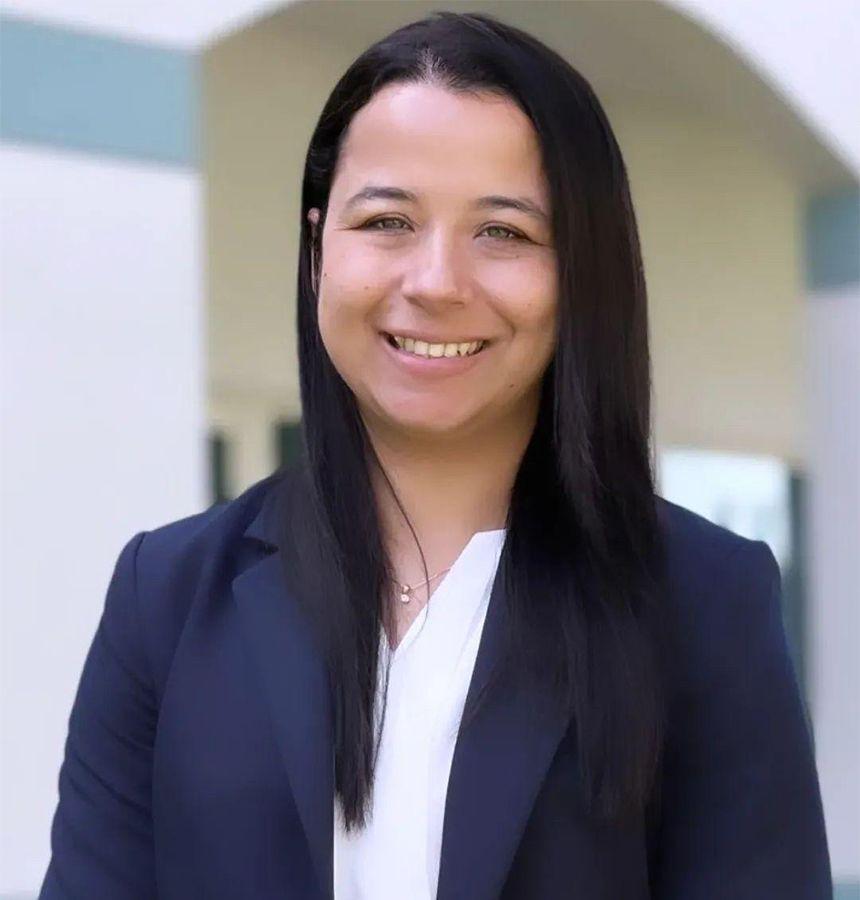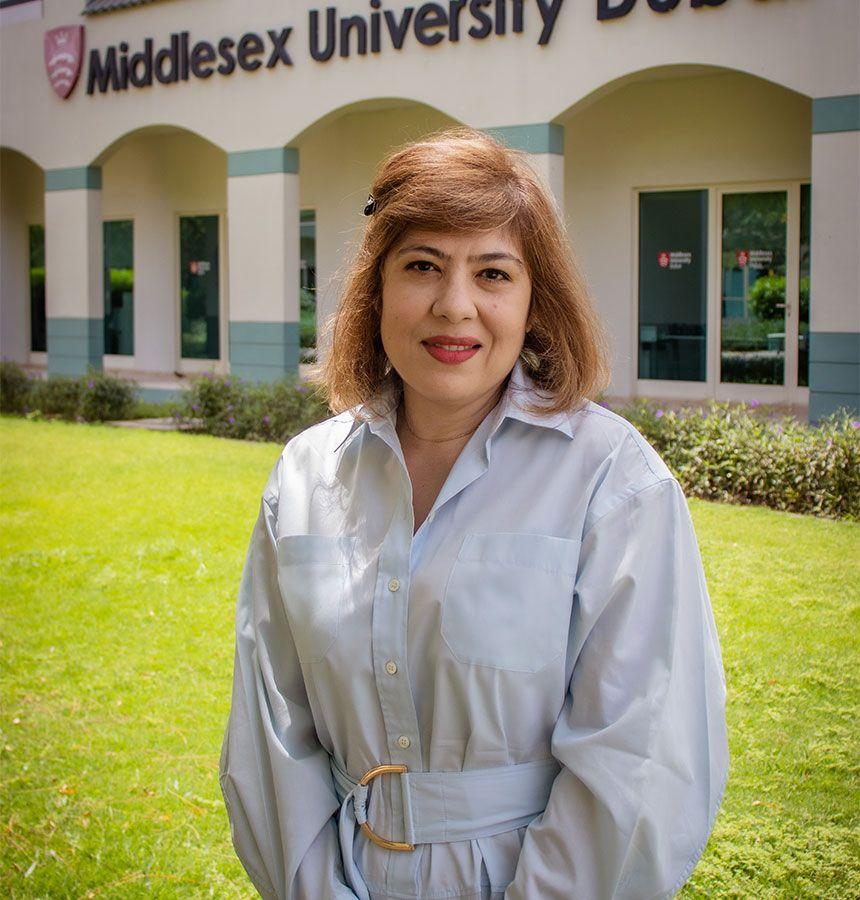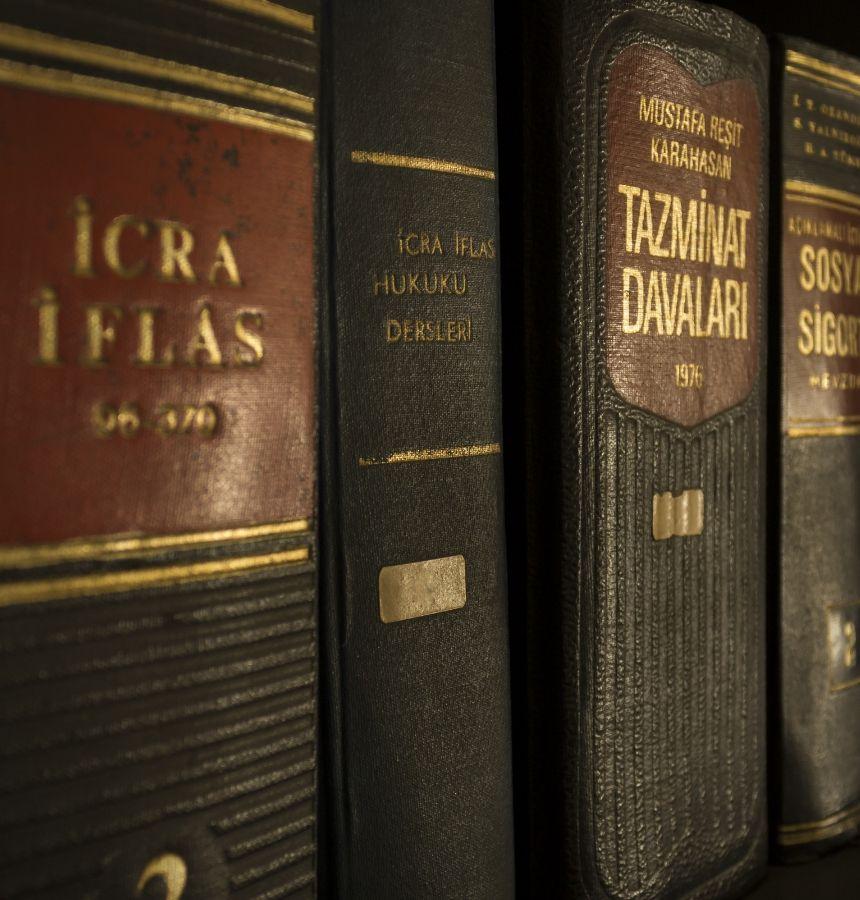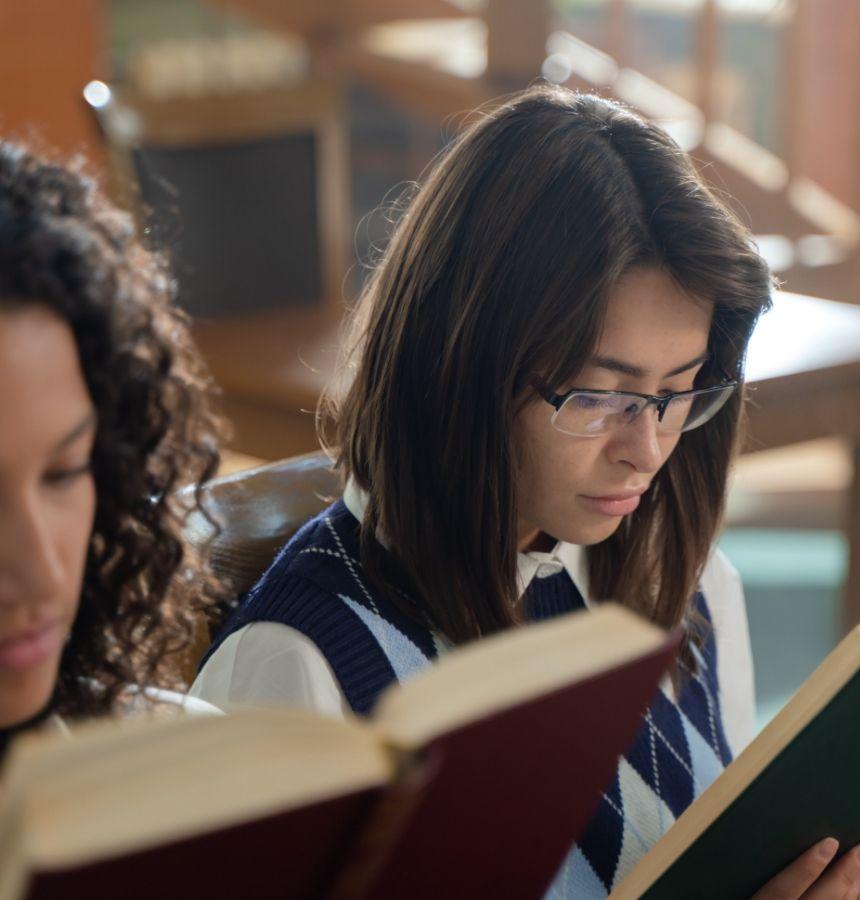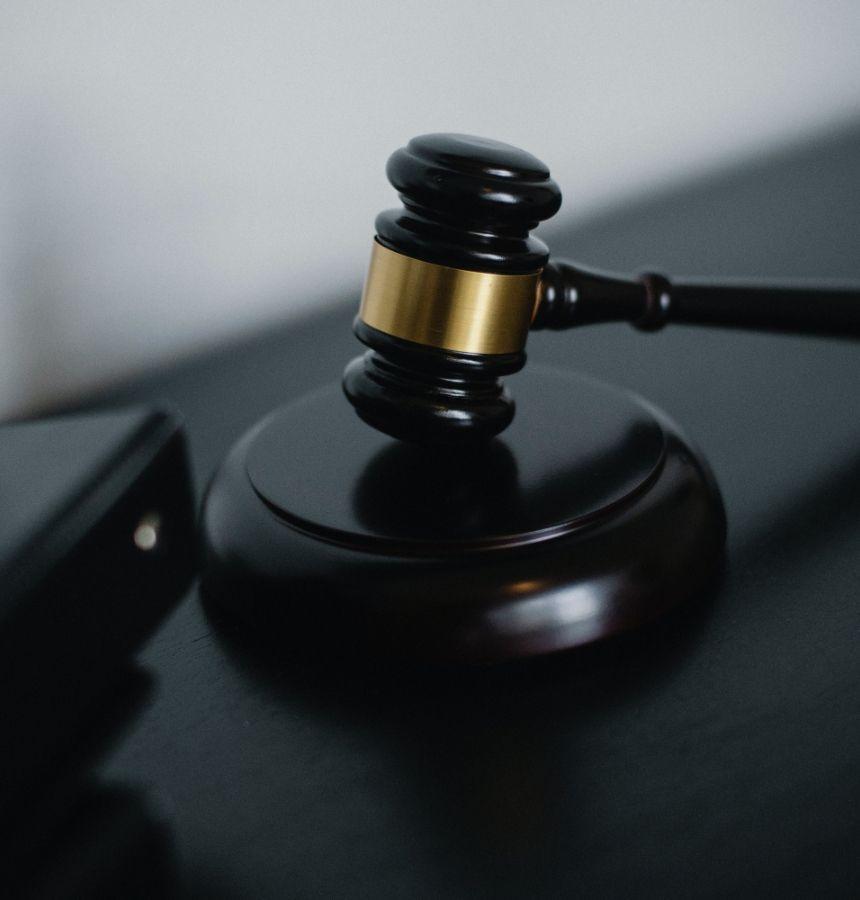
START
January, September
DURATION
1 year full time, 2 years part time
ATTENDANCE
Full Time, Part Time
COURSE LEADER
Dr Daphne Demetriou
FEES TOTAL
AED 74,263
* All tuition fees inclusive of VAT
** Scholarships and grants available
** Scholarships and grants available
**All postgraduate students are eligible for a minimum 10% Postgraduate Study Grant. To find out what grant you are eligible connect with Admissions today admissions@mdx.ac.ae
AN INTRODUCTION TO THE PROGRAMME
The MA International Relations and Diplomacy postgraduate programme provides a valuable introduction to the complexities of a rapidly changing world. As our personal lives, education and professional careers extend beyond our countries of birth, understanding other nations and the political and economic relations between nations is becoming more important. The programme aims to enable students to fully comprehend the key issues, processes, and institutions of international current affairs in a global context that recognizes distinctions of gender, ethnicity, social justice and human rights, as well as equip students with critical skills in diplomatic statecraft and intelligence, and the analysis of global security issues, foreign policy and geopolitical risk. It also aims to enable students to develop skills to locate, collate, analyze and interpret information and data.
This degree is ideal for students who work in Dubai and across the UAE and want to broaden their skill set. It attracts students from all over the word, which provides a rich multinational and cross-cultural learning environment. Most candidates studying on the programme hold a Bachelor’s Degree related to a political/social science, or a similar field. Graduates from other disciplines with a keen interest in International Relations and Diplomacy will also be considered.
Students who are already working, especially in a related area, will greatly benefit from this programme, and the programme structure. For forward-thinking students with an eye on a career in diplomacy, international public service, media, international affairs or international commerce, an MA International Relations and Diplomacy degree from Middlesex University Dubai is an important stepping stone. This programme is the right starting point for those who want to do research on this subject and may be considering pursuing a PhD.
PROGRAMME MODULES
This module analyses changes in the global security agenda both empirically and theoretically. The meaning of security is explored and competing theoretical perspectives in the discipline are compared. The transformation of military security threats is then analysed with particular emphasis on the proliferation of Weapons of Mass Destruction and the significance of global terrorism. The module then explores the rise of non-military issues of state and human security including human rights abuses, environmental change, crime, disease, poverty, and disasters.
The US dominated liberal world order is in a serious crisis. The states in the global north and south face serious challenges in their foreign policy strategies. The aim of this module is to critically analyse foreign policy practices as crucial sites of political agency and choice in the context of current geopolitical shifts and challenges. This course will draw on the advanced classical and critical theories of international relations and geopolitical perspectives applied to the study of the foreign policy traditions, risk assessment strategies and practices of the key actors and cases in global politics. The module is designed to encourage and enable an international group of postgraduate students who may wish to further their specialized study of foreign analysis or employment in fields related to governmental and non-governmental sectors including business, political risk, media, security and diplomacy. The overall aim of this module is to create a multidisciplinary, multicultural inclusive learning environment that is reflected in the teaching practice and research of the module leader and is receptive to the diverse needs, experience and views of students.
Diplomacy and intelligence are used primarily to advance the national interests of a state. In this sense, diplomacy and intelligence are two state crafts that play crucial roles in the management of international affairs and risks. But these skills are also deployed by non-state actors and industry beyond the corridors of power to challenge the secretive and coercive statecraft practices of the hegemonic states. The aim of the module is not only to equip students with critical skills in diplomacy and intelligence but actively encourage them to critically reflect on their own skills and competencies in understanding the role of diplomatic statecraft and intelligence in contemporary global politics. ‘Intelligence’ is used here in a broader, critical and inclusive sense. The module is designed particularly to meet the needs of students seeking jobs in governmental and non-governmental sectors in NGOs, international and regional organizations, political, business and political risk analysis, investigative journalism, diplomacy and communication.
The International Political Economy of Media module explores the media's role in global political and economic systems. It examines how media shapes and is shaped by globalization, monopolies, power dynamics, and activism. The course delves into the influence of media on global power structures, drawing on frameworks like Marxism, media imperialism, and critiques of globalization. Topics include social media's impact on politics, misinformation, media monopolies, and the privatization of communication platforms. Students will analyse the media's effects on democracy, policy, and governance, preparing them for careers in media analysis, policy, journalism, and international organizations.
The module aims to enable the student to undertake a substantial academic research project focussed on a key issue relevant to their programme, provide an extensive introduction to research methods at postgraduate level, and enable students to develop research and practical skills which are relevant to their research project.
This module aims to provide a critical understanding of the historical and contemporary geopolitics and globalisation of migration, and the theories and approaches used to explain these processes in the 21st century. The module critically reviews the increasingly complex frameworks that have been developed to explain the economic, social and political transformation brought about by migratory processes, such as transnationalism; social divisions such as gender, class and race; different levels (macro, meso, micro) and types of movement (mobility, circulation, migration).
This module aims to explore the social, cultural, political and economic issues related to intersectionality in action, particularly through the drive toward adopting an Equality, Diversity and Inclusivity (EDI) approach in policy and practice. Taking an intersectional approach, it will explore several interconnected characteristics – such as gender, age, race, ethnicity, sexuality, and disability – considering how these can be incorporated into existing policy frameworks, including the monitoring and evaluation of outcomes. The module takes an intersectional, embodied and activist approach to sustainable social change, to enable students to develop not just transformative but inclusive solutions to social problem.
This module aims to explore the nexus of Sustainable Development and Human Rights to better understand how these two contested notions interact at an international policy, national and local level. The module uses a combination of multimedia, scholarship and current issues in a hybrid learning format to critically examine key issues around inclusion/exclusion and reflects on how the rights and ‘development’ of ‘marginalised groups’ have been promoted (or not) and how this is further complicated by climate crisis. It aims overall to question if the current approaches to human rights are sufficient to operationalise sustainable development for all.
This module focusses on the societal drivers of climate change, who it impacts and how it is linked to global social inequalities, and interrogates the implications of colonialism, race, climate migration and climate refugees and hegemonic political and economic agendas in relation to climate. We examine critically a range of climate mitigation and adaptation solutions and social movements and develop an understanding of the necessary transformational change for an equitable, climate resilient future.
This module provides students with skills and knowledge to understand and critique approaches to sustainable urban development. You will learn to develop and apply practical approaches to complex and diverse urban settings, to address challenges related to urban regeneration, social inequality, health and climate change. The module equips students with tools to explore how inclusive communities and a common sense of place are built and sustained, practically examining the role of social stewardship and community development in sites of urban development and regeneration.
The module aims to develop professional practice through the application of relevant academic skills and concepts from the Masters Programmes to a practical work context. This may be through an in-situ placement or as projects conducted in a ‘consultancy’ type setting, which will support a professional approach to the contemporary world of work and make a tangible contribution to an organisation. The module intends to open possibilities in the field concerned by enabling the student to acquire reflective, generic and transferrable professional capabilities.
This module will examine the international legal framework and policies for international trade provided by the World Trade Organization (WTO). A core aim of the module is to equip students with a thorough understanding of global trade regimes, including an overview of globalisation, contemporary international economic relations, the regulation of international trade through the WTO, and the relationship between international trade, legal harmonisation, and trade-related issues. Additionally, students will participate in mooting activities, to gain practical experience in presenting and debating complex international trade cases. This hands-on experience is designed to reinforce students’ understanding of the origins, structure, rationale, and scope of the global trading system and to encourage the development of essential skills in this field.
The Bhopal disaster, Niger Delta tragedy, and Rana Plaza collapse all underscore the systemic issue of corporate human rights abuses, revealing victims' powerlessness in seeking remedies and the lack of transparency in global business. The "business and human rights" field addresses this accountability gap by promoting corporate responsibility for human rights. This module introduces students to the field's complexities, bridging international human rights law, criminal law, and trade law, and examines corporate liability, challenging traditional State-focused frameworks. Students will explore international standards, including those from the UN, EU, OECD, and World Bank, gaining critical tools to assess the human rights impacts of global business practices.
Please Note:
Optional modules are constantly updated and reviewed. A module may change or may not be offered a particular academic year, for reasons such as too few students choose that particular module or the module requires academic review. Middlesex University reserves the right to vary or withdraw any course or module at any time .
PROGRAMME CONTENT
WHAT YOU WILL STUDY ON YOUR MA International Relations and Diplomacy PROGRAMME.
‘A valuable introduction to the complexities of a rapidly changing world’.
Studying the MA International Relations and Diplomacy postgraduate degree at Middlesex University Dubai provides a valuable introduction to the complexities of a rapidly changing world. As our personal lives, education and professional careers extend beyond our countries of birth, understanding other nations and the political and economic relations between nations is becoming more important. The M...
Why Study MA International Relations and Diplomacy?
- You will gain a systematic understanding and critical awareness of:
- The essential concepts of International Relations
- International political processes and institutions
- The foreign policies of different political systems
- Theories of International Relations.
COURSE OVERVIEW
January, September
This programme is taught over 1 year full-time and 2 years part-time.
This programme is offered full-time and part-time.
AED 74,263
* ALL TUITION FEES INCLUSIVE OF VAT
AED 37,132
* ALL TUITION FEES INCLUSIVE OF VAT
AED 37,132 (Part-time)
* ALL TUITION FEES INCLUSIVE OF VAT
ENTRY REQUIREMENTS
WE ACCEPT APPLICANTS FROM A WIDE RANGE OF DIFFERENT CURRICULUMS
We welcome applications from all graduates with a minimum second class uk honours degree or equivalent qualification, in an appropriate subject. We also consider candidates with other relevant qual...
English Language Requirements (Postgraduate)
| English Language Test | Entry Requirement |
| IELTS Academic | 6.0 (with 6 in Reading & Writing, min 5.5 in other components) |
| TOEFL Internet-based | 72 (Reading min 18, Writing min 21, Listening min 17, Speaking min 20) |
| Pearson PTE Academic | 59 (with 59 in all components) |
| Dubai Campus MDX Internal English Test | 6.0 (with 6 in Reading & Writing, min 5.5 in other components) |
| English Language | Entry Requirement |
| GCSE/1GCSE/0-Level English (as a first or second language) | Grade C / Grade 4 or Higher |
| CBSE/ISC Boards/NI0S/Most State Boards | 65% Business & Law taught PG Not accepted from the Punjab or Haryana boards |
| International Baccalaureate | Minimum Grade 5 in English A1 (Standard or Higher Level) in IB or a minimum of Grade 5 in English B (Higher Level) |
| WAEC/WASSCE/SSSCE/NECO | C6 |

TEACHING
WORLD-CLASS FACULTY WITH A WEALTH OF INDUSTRY EXPERIENCE.
Classes are held at our Dubai Knowledge Park campus on weekdays (Monday to Friday) from 6:30pm to 9:30pm.
Occasional weekend or holiday sessions may also be scheduled with prior notice. Most modules include one session per week, with exceptions noted in the timetable. For the Dissertation, you'll work independently.
The programme involves a mix of l...
Read MoreWORK WHILE YOU STUDY
Evening classes are designed to fit around a busy lifestyle, making it possible to work during the day while pursuing your studies. This flexible schedule allows you to gain valuable professional experience or manage personal commitments alongside your academic goals.It’s an ideal situation for those looking to advance their education without putting their career or daily routine on hold.

Postgraduate Programmes FACULTY
FUTURE CAREER AND EMPLOYMENT
WHERE YOUR UK DEGREE WILL TAKE YOUR CAREER.
Many career opportunities exist for International Relations graduates. Working for the diplomatic service is a common destination, as is the non-profit sector, where international NGOs often seek to hire professionals with campaigning, policy and influencing skills. Other common fields for graduates include media, finance, higher education, and public policy. Furthermore, businesses throughout the world seek to employ people with knowledge of the global market place. During the course, you will have the opportunity to develop skills in research, data collection, critical analysis, oral, written and visual communication, reasoned debate, comprehending theoretical concepts, and policy analysi

